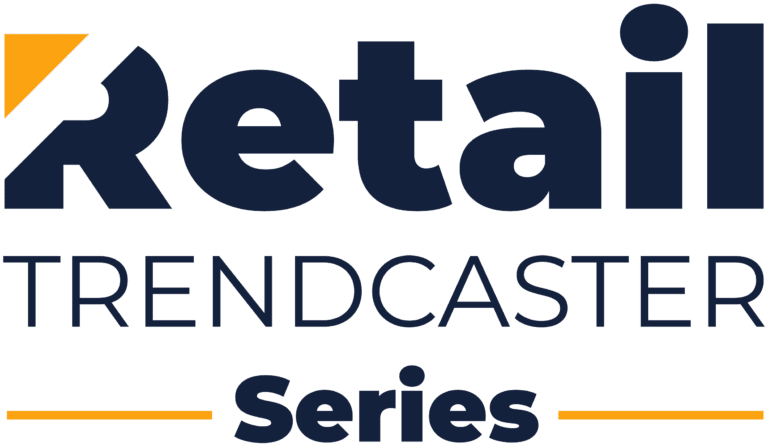As we emerge into a new era of retail, sustainability is a prominent subject. According to Deloitte, one in every three shoppers reported having stopped purchasing from certain brands due to ethical and sustainability concerns. As conversations continue, retailers need to modify their processes and approaches to remain attractive to their environmentally-conscious consumers, with the added benefit of improving profitability.
Sustainability is becoming an increasingly important topic for retailers looking at their organization’s long-term future. The circular fashion economy is growing, and retailers need to adjust their practices accordingly. A more sustainable approach requires the use of renewable resources and materials, and a particular focus needs to be paid to the operational side of meeting sustainability goals.
RFID Impact on Inventory Accuracy
The retail industry first applied item-level RFID nearly 20 years ago; the technology has since been developing its credibility progressively, and there are now more RFID retail store deployments than ever before. Implementing item-level RFID improves inventory accuracy, allowing retailers to accurately evaluate their processes at an operational level and address their sustainable policies. RFID technology provides up to 93%-99% accurate stock visibility, permitting brands to efficiently manage their in-stock inventory to enhance profitability while reducing excess products.
Excess inventory and overstock occur when the available product exceeds the projected consumer demand. Over-purchasing, rising costs, cancelled orders and poor demand predictions can all lead to retailers ending up with too much stock on hand.
This excess inventory has a material impact on the brand’s bottom line as well as on the environment. According to GS1 US, the average American retailer reported an inventory accuracy of only 63%. When inventory levels are persistently incorrect, it is increasingly challenging to predict replenishment, consequently leading to a shortfall in the overall customer experience as cancelled orders or excessive clearance products are inevitable.
Overstock and Circular Retail
Unfortunately, large volumes of excess inventory are often discarded in unsustainable ways, according to Vox, as retailers struggle to consistently recycle items or sell them at discounted prices. Retailers need to acknowledge the consequences of their excess inventory and start implementing solutions to aid them in better managing their stock effectively and, as a result, alleviate the impact it continues to have on their profitability and the environment.
Inventory accuracy paves the way for proper demand predictions and inventory allocation throughout the retail enterprise. Keeping stock levels to the necessary minimum results in lower production needs, which helps lower carbon emissions, reduce water usage during product manufacturing, lower transport costs, and ultimately improve profit margin. If specific items are struggling with sell-through, brands can implement agile production strategies at the manufacturing level to reduce material resources and transport emissions. By implementing item-level RFID technology for their inventory solutions, brands can ensure correct stock levels are maintained for shoppers, therefore reducing what is sent to landfills.
Taking Advantage of RFID for Sustainability
Retail brand Patagonia reported that 95% of its total carbon emissions are from its supply chain, and 86% of this figure is purely from manufacturing materials necessary for production. According to Forbes, 95% of retail CEOs plan to increase their investment in digital solutions within their supply chain. Though technology has unmistakably contributed to more emissions by allowing products to be made at an increased rate with reduced cost, RFID technology for sustainable retail can solve many of the sector’s environmental issues.
Two factors play a significant role in making the retail industry more sustainable: data and traceability. Without end-to-end visibility, brands are unable to understand the environmental risks within their supply chain, and without concise and accurate data, they will lack the ability to execute adjustments in order to become more sustainable.
The solution to both issues is item-level RFID. When the retail sector embraces RFID technology for more ethical operations, it will pave the way for a more sustainable and profitable retail industry.
Dean Frew is CTO and SVP for RFID Solutions at SML Group and Founder of SML RFID (formerly Xterprise, acquired by SML in 2013). With over 20 years’ experience delivering RFID solutions to retailers and brand owners around the globe, Frew is responsible for SML’s overall strategy in driving forward its RFID Tags and Solutions.






